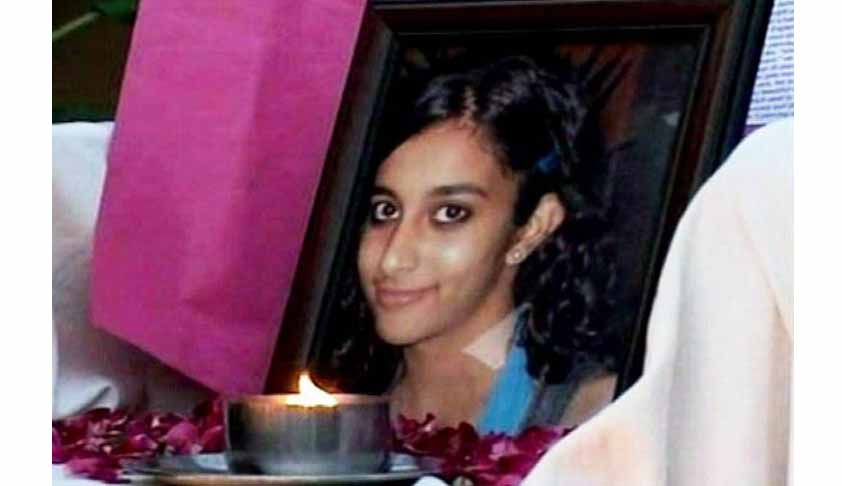Next Story
7 Oct 2013 4:26 PM IST
The Supreme Court has been told by CBI that Rajesh and NupurTalwar, accused of the murder of their daughter Aarushi, are using all possible tactic to delay the trial in a bid to ensure that the judge retires before completing the trial and pronouncing the verdict.The Apex Court has been approached by Talwars' in connection with the concurrent decisions of the Trial Court and the Allahabad...

